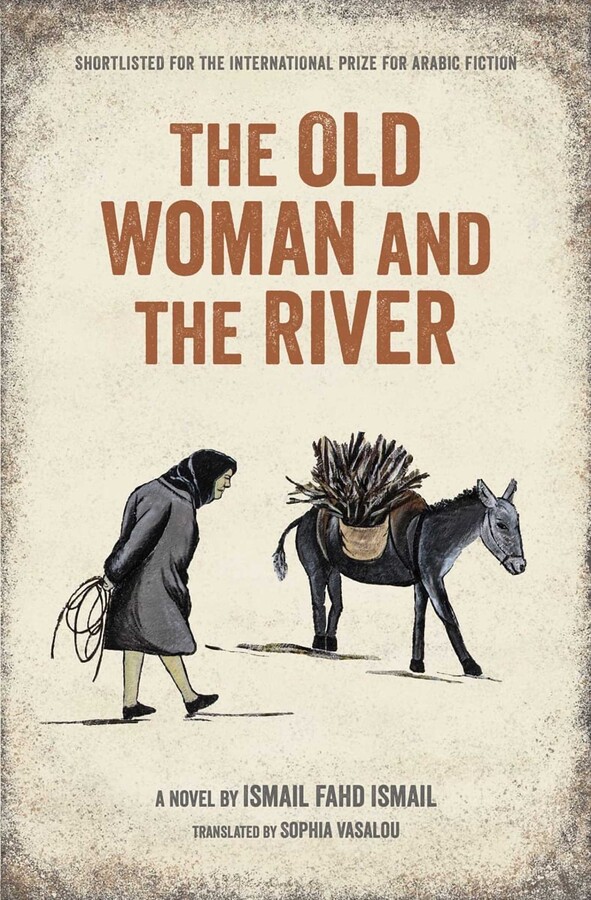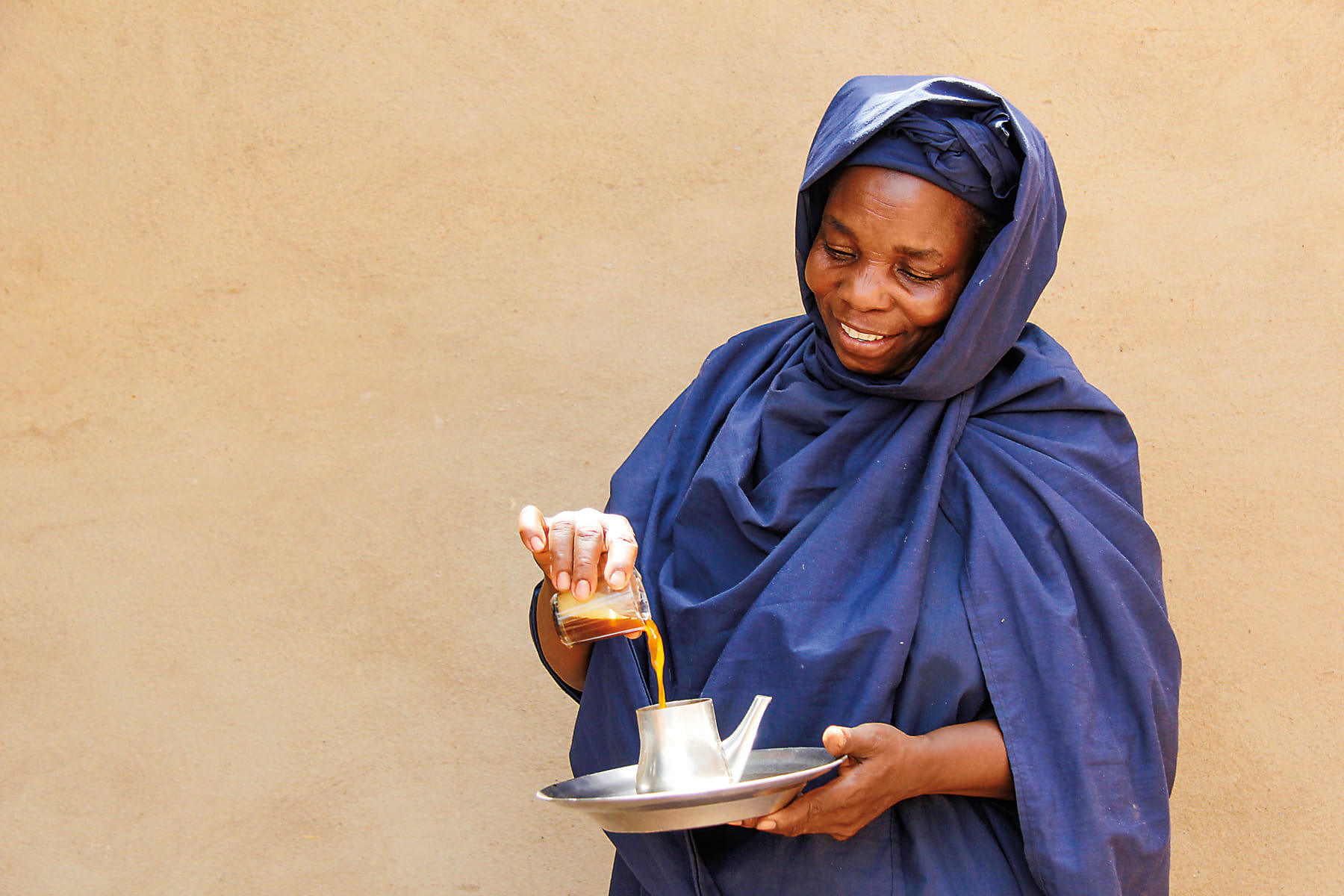
The Old Woman and the River
Mae Ghalwash
Ismail Fahd Ismail. Trans. Sophia Vasalou.
Interlink Books, 2019.
“She knew it was a time of war, but she couldn’t see why they had to destroy everything that blooms by making the rivers run dry.”
—From the Old Woman and the River
This gentle story about the 1980–1988 Iran-Iraq War is based on the author’s investigations into an unexpected patch of greenery amid desolation in postwar southeastern Iraq . The source, he discovered, was an unconventional war hero, Um Qasem, an elderly widow whose relentless nurturing revitalized her war-torn village, Sabaliyat. For real. Taking literary license, Ismail creates a world in tune with the loveable granny determined to preserve life. Her beloved donkey anticipates when she needs a ride or help clearing bomb shells. Homesick soldiers, charmed by her grand appeal, turn a blind eye to her restoration efforts despite evacuation orders. And finally, her late husband’s ghost guides her to unleash the mighty Shatt al-Arab water into Shabaliyat’s parched, smaller rivers and fields, along Iraq’s eastern border. Ironically, this story about war’s absurdity is charming and hopeful, and a refreshing celebration of the largely unrecognized heroes of war, the widows and mothers left to pick up the pieces.
—Mae Ghalwash
You may also be interested in...
.png?cx=0.45&cy=0.59&cw=382&ch=519.4922937443337)
New Book Decodes Mystery Behind Sixth Century Mosaic Pavement
Jane Chick’s 2024 study on enigmatic Libyan mosaic bridges Late Antiquity Roman and early ecclesiastical art.
A History of Mali’s National Drink Traces Green Tea—Book Review
By tracing ritual instead of commerce, anthropologist Ute Röschenthaler shows that the story of tea in West Africa involves multidirectional routes and local agency.